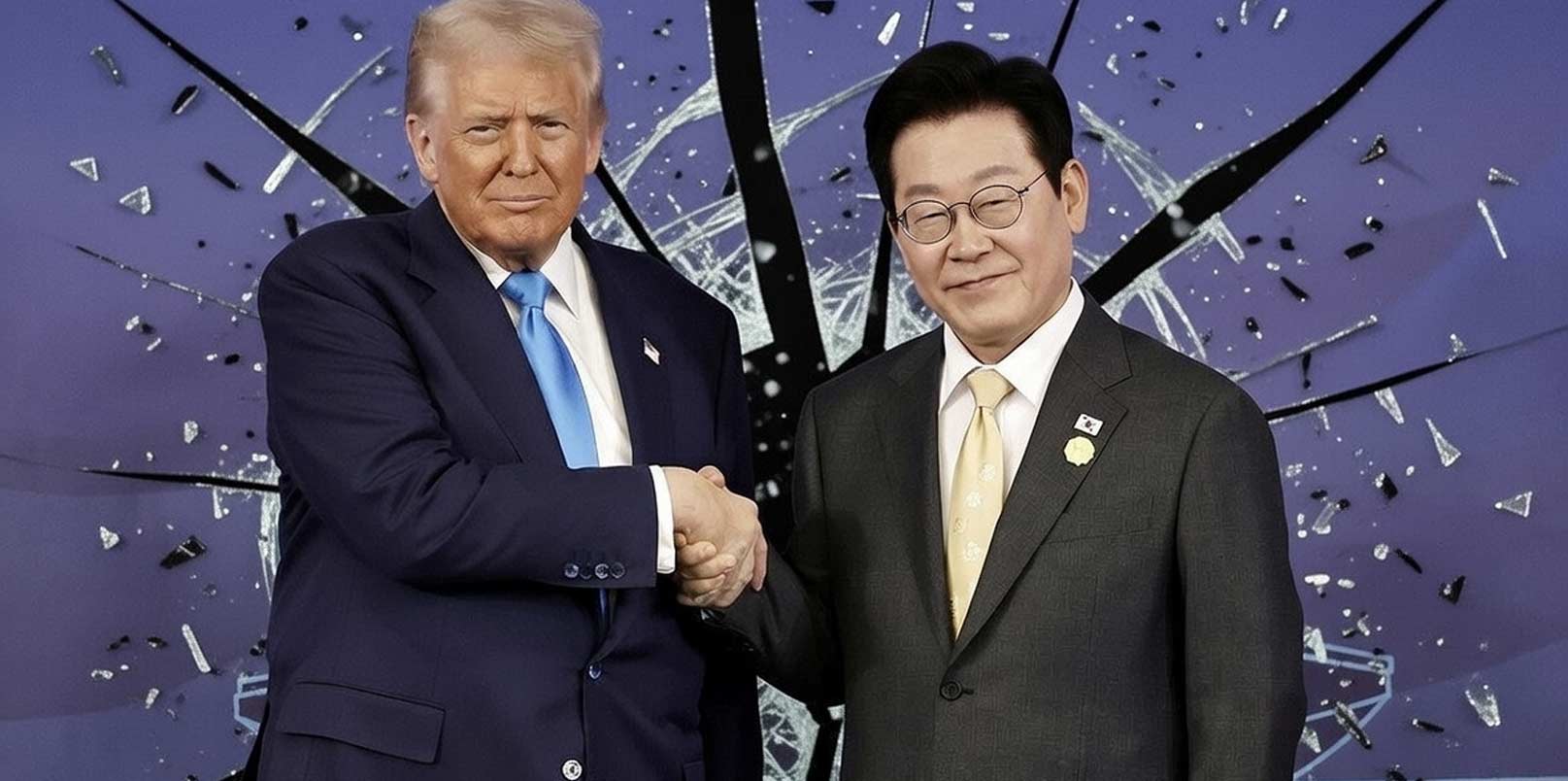Korea’s next step in artificial intelligence policy is moving from pilot projects to institutional reform. The proposed AI Utilization Promotion Act for SMEs marks the country’s first attempt to legislate a nationwide framework supporting small and medium enterprises in adopting AI. The move aligns with Korea’s AI Transformation (AX) agenda, turning AI accessibility and data fairness into pillars of future industrial competitiveness.
New AI Law to Strengthen SME Innovation and Data Access
On October 27, Representative Kim Dong-ah of the Democratic Party introduced the Act on the Promotion of Artificial Intelligence Utilization by SMEs, a landmark proposal that seeks to give smaller companies both the right and capacity to integrate AI into their operations.
The law requires the Minister of SMEs and Startups (MSS) to establish a “Basic Plan for SME AI Utilization” every three years, creating a long-term policy cycle that ensures continuity in AI adoption support. It also provides for the establishment of a dedicated policy council and specialized agency responsible for implementing consulting programs, funding mechanisms, and talent training initiatives.
Industry leaders view this as the first legal foundation for AI transformation (AX) within the SME ecosystem — a step designed to turn short-term innovation grants into a structured, nationwide support system.
Bridging Korea’s Data Gap for the AI Transformation Strategy
While AI has become essential across industries, Korean SMEs still face barriers in accessing training data, securing AI expertise, and navigating complex regulations. Many lack the resources that large corporations use to train machine-learning models or acquire high-quality datasets.
The bill addresses this gap through a Text and Data Mining (TDM) exception clause, which would allow companies to legally use publicly available data for AI learning and analysis without fear of copyright disputes. This provision mirrors legal frameworks already adopted by Japan, the European Union, and Singapore, which exempt AI learning from certain copyright limitations to accelerate innovation.
Industry associations argue that without such reform, Korean SMEs risk falling behind in the international AI race.
Industry Calls for Legal Clarity and Fair AI Access
The Innobiz Association, representing innovative SMEs, welcomed the bill in a public statement on November 3, saying:
“To advance AI innovation while protecting creators’ rights, Korea urgently needs to introduce a TDM exception. This is not only about technology but about building the legal and ethical foundation for the AI era.”
The group also highlighted the rise of “Physical AI” — systems that merge AI with robots, sensors, and IoT devices to analyze and optimize manufacturing processes in real time.
A spokesperson explained:
“Data access is crucial for small manufacturers. Without it, they cannot apply AI to improve productivity or reduce defects.”
These comments align with ongoing MSS initiatives connecting startups with manufacturers under the AI Transformation (AX) program, suggesting that the new legislation could give such programs a sustainable policy base rather than temporary funding cycles.
The Policy Backbone of Korea’s AI Transformation
Although the AI Utilization Promotion Act is not part of the MSS’s startup–manufacturing partnership program itself, it functions as its institutional complement.
The MSS’s AX initiative promotes practical AI adoption through industry partnerships, while this bill provides legal and administrative infrastructure to expand those efforts across the economy.
If enacted, the act could:
- Enable public–private data sharing for AI model training;
- Simplify regulatory processes through a new Regulatory Jury Committee of experts and citizens;
- Protect proactive public officials under a safe harbor clause;
- Establish regional AI diffusion hubs to reduce the technology gap among provinces.
These provisions directly address long-standing concerns that AI adoption in Korea has been concentrated in large firms, leaving SMEs — which account for about 99% of Korean businesses — without sufficient policy tools to compete globally.
Toward a Fair and Scalable AI Economy
Representative Kim Dong-ah, who spearheaded the bill, emphasized the broader stakes:
“If SMEs fall behind in the AI era, the backbone of the Korean economy will collapse. We aim to create a strong and fair support system that helps small and medium enterprises actively adopt and use AI.”
For Korea’s startup ecosystem, the proposed law marks a transition from experimentation to governance. It represents the state’s recognition that AI is not only a technology but a national infrastructure — one that must be inclusive, transparent, and scalable.
As the global race for AI competitiveness intensifies, this legal step could define how Korea positions its innovation economy within Asia’s emerging AI transformation landscape.
– Stay Ahead in Korea’s Startup Scene –
Get real-time insights, funding updates, and policy shifts shaping Korea’s innovation ecosystem.
➡️ Follow KoreaTechDesk on LinkedIn, X (Twitter), Threads, Bluesky, Telegram, Facebook, and WhatsApp Channel.






